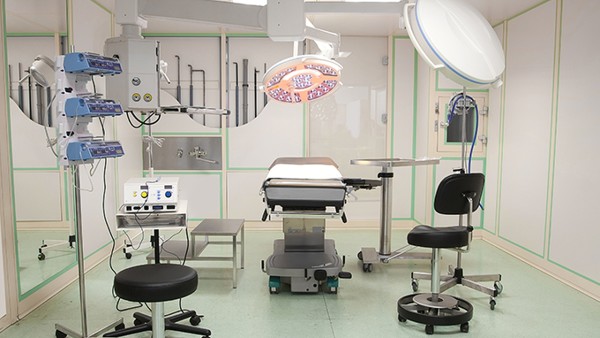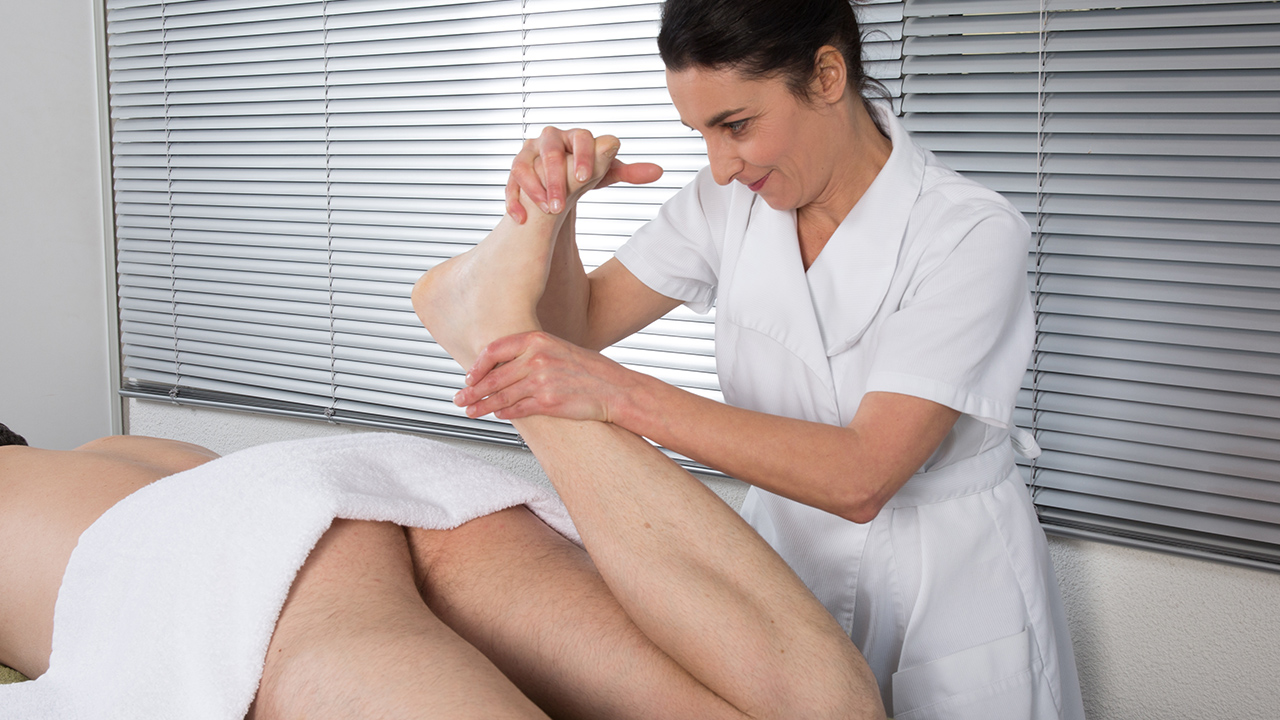Treatment Methods for Prostate Cysts

What are prostate cysts?
Prostate cysts are fluid-filled sacs that can develop in the prostate gland. They are usually benign, meaning they are not cancerous. However, they can sometimes cause symptoms such as pain, difficulty urinating, and erectile dysfunction.
What causes prostate cysts?
The exact cause of prostate cysts is unknown. However, they are thought to be caused by a blockage in the prostate gland's ducts. This blockage can lead to a buildup of fluid, which can form a cyst.
Who is at risk for prostate cysts?
Prostate cysts are most common in men over the age of 50. They are also more common in men who have a history of prostatitis, or inflammation of the prostate gland.
What are the symptoms of prostate cysts?
Prostate cysts can cause a variety of symptoms, including:
Pain in the lower abdomen, groin, or rectum
Difficulty urinating
Erectile dysfunction
Blood in the urine or semen
Painful ejaculation
How are prostate cysts diagnosed?
Prostate cysts are usually diagnosed with a physical exam and a transrectal ultrasound. A transrectal ultrasound is an ultrasound that is performed through the rectum to get a better view of the prostate gland.
How are prostate cysts treated?
The treatment for prostate cysts depends on the size and severity of the symptoms. Small cysts that are not causing any symptoms may not need treatment. However, larger cysts or cysts that are causing symptoms may need to be treated.
There are a variety of treatment methods for prostate cysts, including:
Aspiration: Aspiration is a procedure in which the fluid from the cyst is removed using a needle and syringe. Aspiration can be done in a doctor's office or in a hospital.
Sclerotherapy: Sclerotherapy is a procedure in which the cyst is injected with a solution that causes the cyst to shrink. Sclerotherapy is usually done in a doctor's office.
Surgery: Surgery is an option for treating prostate cysts that are large or that are causing severe symptoms. Surgery is usually done in a hospital.
What is the prognosis for prostate cysts?
The prognosis for prostate cysts is generally good. Most cysts can be treated successfully with aspiration, sclerotherapy, or surgery. However, some cysts may recur after treatment.
What are the complications of prostate cysts?
The complications of prostate cysts are rare. However, they can include:
Infection
Bleeding
Damage to the prostate gland
Erectile dysfunction
How can prostate cysts be prevented?
There is no sure way to prevent prostate cysts. However, there are some things that may help to reduce your risk, including:
Maintaining a healthy weight
Exercising regularly
Eating a healthy diet
Getting regular prostate exams
When should I see a doctor about prostate cysts?
You should see a doctor if you have any of the symptoms of prostate cysts, such as pain in the lower abdomen, groin, or rectum; difficulty urinating; erectile dysfunction; blood in the urine or semen; or painful ejaculation.
The above is all the content that the editor wants to share with you. I sincerely hope that these contents can bring some help to your life and health, and I also wish that your life will be happier and happier.
Tags: #methods #treatment #for















